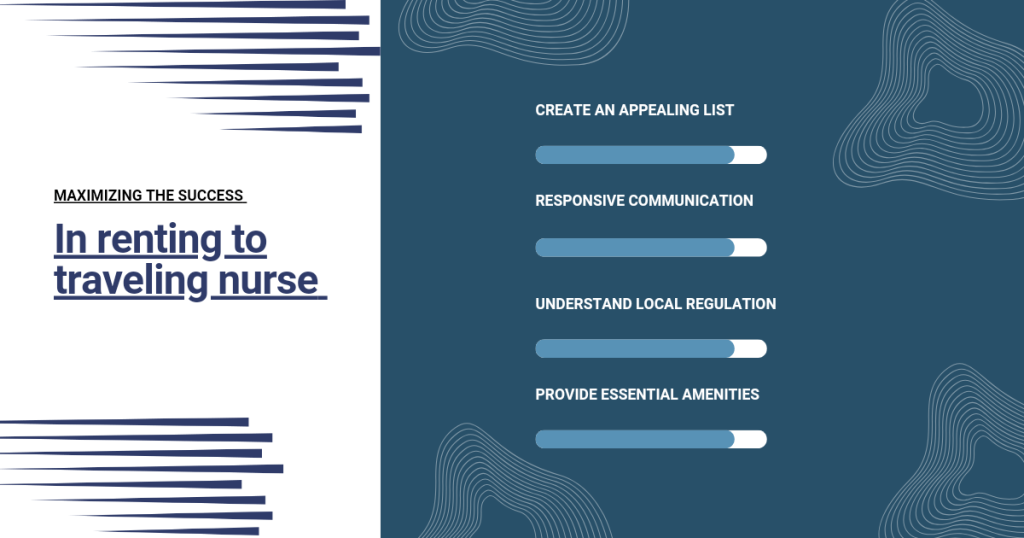Mental Health Nursing
Unveiling the Crucial Role of Mental Health Nursing
Introduction:
Mental health nursing plays a pivotal role in the holistic well-being of individuals facing mental health challenges.

In this article, we’ll delve into the importance of mental health nursing, and its key components and address frequently asked questions to provide a comprehensive understanding of this critical field.
Understanding Mental Health Nursing
Mental health, also known as psychiatric nursing, is a specialized field that focuses on providing care and support to individuals dealing with mental health disorders.
These dedicated professionals work in various settings, including hospitals, clinics, and community health centers, to assist individuals in managing their mental health conditions.
The Role of Mental Health Nurses

Mental health are integral members of the healthcare team, contributing to the assessment, planning, and implementation of care for patients with mental health issues.
They collaborate with psychiatrists, therapists, and other healthcare professionals to develop personalized treatment plans, administer medications, and provide emotional support.
FAQs About Mental Health Nursing
What Qualifications Do Mental Health Nurses Possess?

Mental health nurses typically hold a bachelor’s or associate degree in and are required to be licensed registered nurses.
Specialized training in psychiatric nursing equips them with the skills needed to address the unique challenges associated with mental health care.
How Do Mental Health Nurses Assess Patients?
Mental health use a combination of interviews, observation, and assessment tools to evaluate a patient’s mental health status.
This comprehensive approach helps them identify symptoms, triggers, and potential risk factors, guiding the development of an effective care plan.
What Treatments Do Mental Health Nurses Provide?
Mental health are involved in a range of treatments, including administering medications, conducting therapeutic interventions, and offering counseling support.
They play a crucial role in helping patients manage symptoms, cope with stress, and work towards recovery.
Can Mental Health Nurses Work in Community Settings?

Yes, mental health can work in community settings, providing support to individuals in their homes, schools, or other non-clinical environments.
This approach helps bridge the gap between clinical care and community-based support, promoting holistic mental health.
How Important Is the Relationship Between Mental Health Nurses and Patients?
The therapeutic relationship between mental health and their patients is paramount. Building trust and rapport fosters open communication, which is essential for effective treatment.
Mental health often act as advocates for their patients, ensuring their voices are heard in the healthcare decision-making process.
Challenges and Rewards in Mental Health Nursing
While mental health comes with its challenges, such as addressing stigma and navigating complex patient situations, the rewards are immense.
Helping individuals overcome mental health obstacles and witnessing their progress toward recovery is both fulfilling and inspiring.
Conclusion:
Mental health is an indispensable component of the healthcare system, providing essential care and support to those facing mental health challenges.
By understanding the role, qualifications, and contributions of mental health nurses, we can better appreciate the significance of their work in promoting mental well-being.
If you or someone you know is dealing with mental health issues, seeking the assistance of a mental health nurse can be a crucial step towards a brighter and healthier future.


